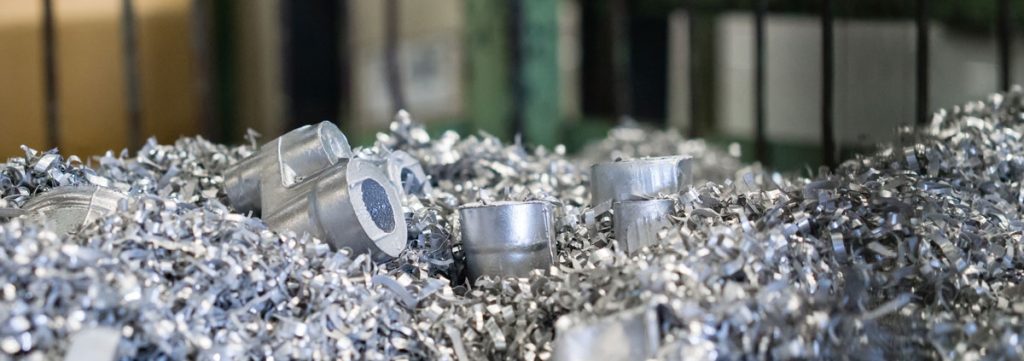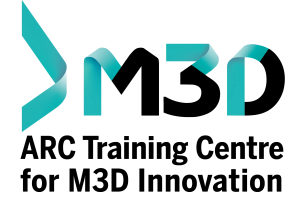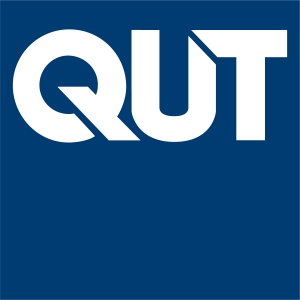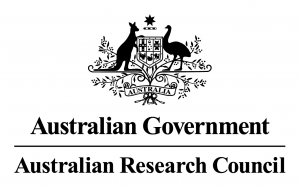
In 2019, MTA Queensland partnered with the Australian Research Council (ARC) on a five-year project, titled the ARC Training Centre for Multiscale 3D Imaging, Modelling and Manufacturing (M3D).
MTA Queensland has welcomed Sarfraz Ali Kyani, a doctoral candidate from the Queensland University of Technology (QUT), to explore the ‘recycling of automotive parts for additive manufacturing’.
Sarfraz will study the current landscape of the automotive industry in Queensland to better understand the opportunities and obstacles related to the establishment of new sustainability-related business activities, and how these can assist members of MTA Queensland.
In Australia, approximately 80 per cent of a vehicle can be recycled. This includes the metal, glass, fluids, batteries and tyres. The remaining 20 per cent is called ‘automotive shredder residue, which is non-recyclable and, due to its complex composition, usually ends up in landfills, posing a significant environmental threat. This contrasts with Europe Europe, where European Union member guidelines require the reuse and recycling of at least 95 per cent of the vehicle parts. These figures highlight the inefficiency of Australia’s recycling process and provide a call to action for better environmental performance.
The M3D project looks to develop a deeper understanding of 3D technology, and how it can be used against conventional automotive parts to create a financially and environmentally sustainable manufacturing method that can recycle/reuse ASR materials. To do this, the project will outline the Australian landscape of end-of-life vehicle management and AST handling in comparison to the international standard, explore the current source of waste in the automotive industry, and investigate the feasibility of additive manufacturing.
Project: Recycling of Automotive Parts for Additive Manufacturing
Project leader: Per Davidsson (Queensland University of Technology)
Objectives
- To help improve automotive recycling in Queensland and Australia through academic research from a business research perspective and specifically through an entrepreneurship lens.
- To thereby assist MTA Queensland in its mission to serve its members and facilitate sustainable renewal in the automotive sector.
- To investigate opportunities for and obstacles to the establishment of new sustainability-oriented business activities related to MTA Queensland’s sphere of interest, including recycling of automobile parts and the possible role of 3D printing in this domain.
Alignment within M3D Innovation
- Development of a business model approach to reduce waste and improve sustainability by implementing multiscale manufacturing.
Approach
- Comparison of automotive recycling strategies around the world.
- Design and implementation of a research study of relevant business opportunities currently pursued as well as hypothetical (not-yet-pursued) ones.
- Identify current obstacles and solutions.
- Development of a sustainability-oriented business model for MTA Queensland members.
Key Milestones
- PhD Student recruitment.
- Comparative study of automotive recycling.
- Development of a business model.
Interview with MTA Queensland CEO Rod Camm




